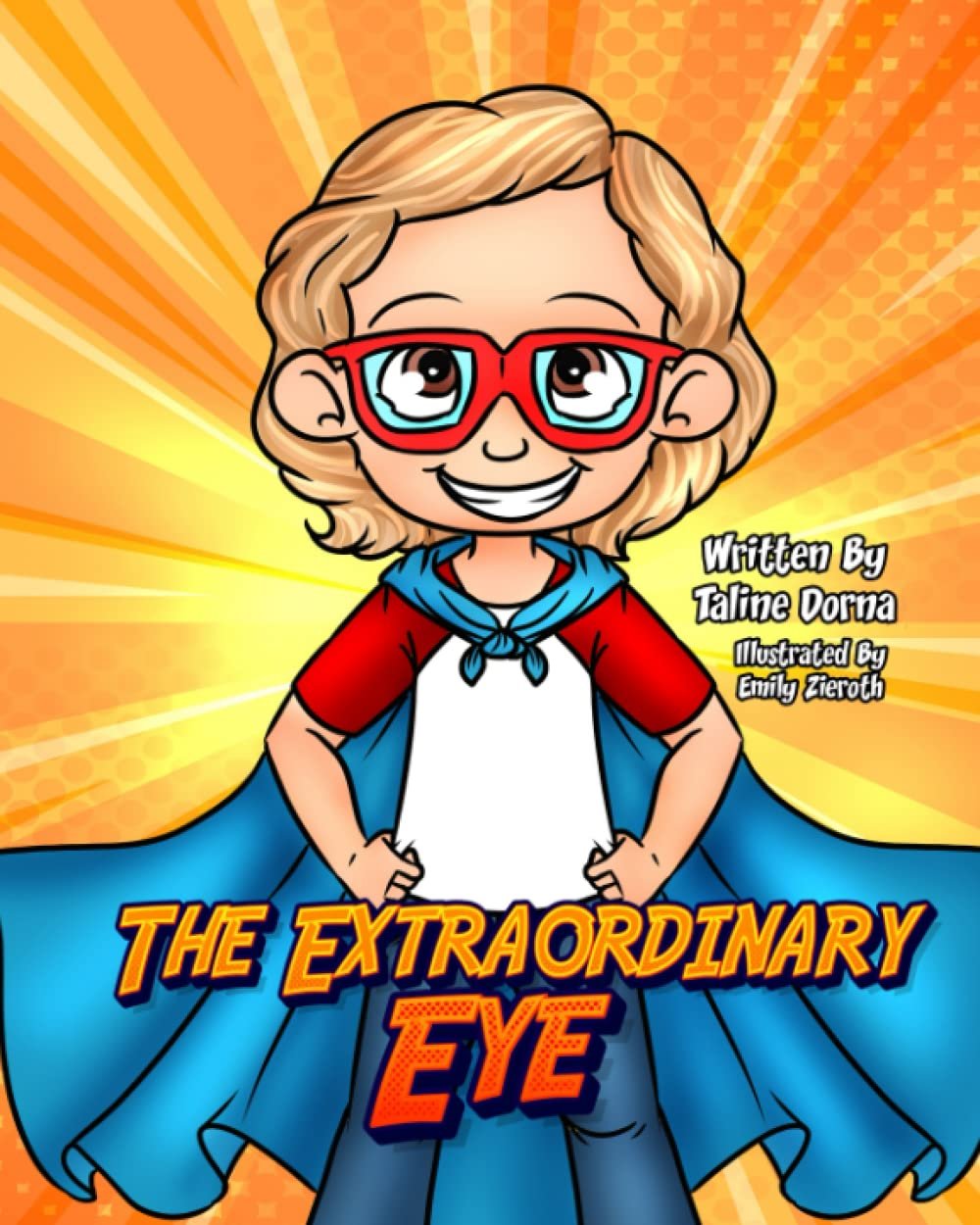Taline Dorna



"I’ve received several messages on social media telling me how much they wish this book was around when they had retinoblastoma as a child and how much the book has helped their child instill confidence and acceptance of their artificial eye and understand their cancer in a child friendly point-of-view."
My name is Taline Dorna and I’m from Toronto, Ontario, Canada.
I have three beautiful children (Sydney, Kaylee, and Logan – my RB hero), and I’m a teacher with the TCDSB (Toronto Catholic School Board). My husband is a software developer with Philips Canada and writes software for ultrasound machines. I graduated from Centennial College in 2006 with a diploma in Early Childhood Education. I then pursued a Bachelor of Arts in Philosophy at York University before attending Niagara University and graduating with a Bachelor of Education. I currently teach Grade 1 and 2 at a school located in Toronto.
When my youngest and third child was almost 6 months old, he was diagnosed with a rare eye cancer called retinoblastoma. We discovered he had a strange ‘cat eye glow’ after taking several pictures and videos with our smartphones and bringing it to the attention of our pediatrician. After seeing an ophthalmologist, we learned that this ‘glow’ was in fact a tumor reflecting back at the flash on the camera. Within 8 days following diagnosis, our son had his left eye enucleated. Thankfully, his pathology showed no high risk features and clear margins. With that being said, he did not require further treatments like chemotherapy or radiation, just follow-up care as an outpatient at the Hospital for Sick Kids through the eye clinic. He also has regular visits with his ocularist to help maintain his prosthetic eye.
What truly inspired me to become an author of children’s books and write my first children’s storybook was when I encountered an obstacle shortly after my child’s diagnosis. We came home after surgery to our then 3.5 and 2 year old girls having no idea where to start on how to explain what had happened to their baby brother. I thought of looking online for storybooks that would help with the process of explaining the events that took place, but there were few and far between. As an educator, I always aspired to write children’s storybooks, and so I decided to put my teacher hat on and put pen to paper and write my own storybook that would one day help out other families facing the same situation. I use social media to help raise awareness for retinoblastoma and eye health as well as other important causes.
I wanted to share this story to help bring retinoblastoma awareness among the general population, in hopes that our own family's journey of our incredible young boy's cancer diagnosis can aid patients and help their siblings, family members, and friends understand retinoblastoma from diagnosis, to enucleation, to living with an ocular prosthesis. The storybook walks the reader through the story of a family as they learn of a child's cancer diagnosis at the doctors office, treatment at the hospital, and acceptance of a new prosthesis at home. I decided to keep my main character nameless so anyone can relate. I also wanted to share this story to stop any stigma associated with having an artificial eye and instill confidence among children who’ve been diagnosed with rare diseases. I especially wanted the book to serve as a tool to help other parents who are feeling apprehensive about broaching the topic with their kids while giving a voice to the affected child to share their story. In turn, I thought it would be a great addition to both school and home libraries by diversifying bookshelves and including a unique story about a difference that not many would know about. As a private person, the thought of detailing my son’s journey was a difficult one, but I’m glad I did put it out there in a manner that would benefit others. It’s truly a bittersweet feeling.
I’ve sold over 500 copies of my book globally since self-publishing it in spring of 2020. It’s reached global markets across children’s hospitals in the UK and the US like St. Jude Children’s Research Hospital. I’ve received several messages on social media telling me how much they wish this book was around when they had retinoblastoma as a child and how much the book has helped their child instill confidence and acceptance of their artificial eye and understand their cancer in a child friendly point-of-view. I also had the honour of being featured on BT Breakfast Television: Moments with Mel segment by reporter Melanie Ng, in October 2022. I was also interviewed by reporter Alice Chen and featured in an article in The Etobicoke Guardian, The Scarborough Mirror, The Toronto Star, and Metro News. In addition, in June 2020, I approached TCDSB Ward 2 Trustee Markus de Domenico and asked if the TCDSB (the board I work for) would recognize Childhood Cancer Awareness Day on February 15th every year. He asked me to help him craft a delegation, and so I did, resulting in Childhood Cancer Awareness Day board wide, where students can come dressed in their favourite superhero t-shirt or costume with a toonie donation that would go towards non-profit organizations for pediatric cancer, such as Childhood Cancer Canada Foundation. I’ve also had book signing events within the local community and at community gatherings to help spread the word. You can read my full delegation here.
I’m also an active member of CRRAB (Canadian Retinoblastoma Research and Advisory Board) through Sick Kids Hospital. I’ve hosted ‘Cup of Tea’ where I presented a plain language summary on ‘Replacement Time of Custom Ocular Prosthesis in Children: A Review Article’. The CRRAB “Cup of Tea” is a quarterly journal club intended to bring the Canadian retinoblastoma community together for an informal discussion on research. During this meeting, speakers provide a plain language summary of a research article then lead discussion on the topic covered. Additionally, I work in partnership with RB survivors/patients, families, clinicians, researchers, and scientists to help close the gaps in retinoblastoma research by working on priorities to address these gaps, such as early diagnosis, pathways of care, and psycho-social supports.
You can watch the “Cup of Tea” I hosted here
I’m currently planning on doing a few readings at the hospital during storytime.
You can find out more about CRRAB here
As a parent of a 6 year old child with monocular vision due to retinoblastoma as a 6 month old, my son has only had a prosthetic eye for 5.5 years. My perception as far as challenges are concerned would be different compared to someone who experiences vision loss later in life as a teenager or adult. To my son, the world has always been seen through one lens. His brain has adapted to monocular vision the vast part of his whole life. However, one challenge I’ve noticed is pyschosocial and realizing that he may be different compared to his classmates. He does tend to have more slips and falls, but that could also be based on being an active kid and not being so careful. Other than these challenges, nothing phases my son. He can do everything and anything everyone else can, (if not, even better). I feel that his other senses are heightened, as a result. I see his difference as a strength, and when it comes to psychosocial supports it’s important we always instill confidence and build self-esteem to ensure that a child with monocular vision never feels different and alone.
Make sure you take your child to an ophthalmologist or optometrist for regular eye checkups every year. I wish I knew that eye exams can happen as early as 6 months of age. A lot of people have the misconception that eye exams only happen when a child begins school or when eyesight becomes a problem, like not being able to see the chalkboard or whiteboard. Parents need to always advocate for their child and their overall health making sure they follow up and follow through with proper screening that can also be preventative and potentially save a child's vision, eye, and possibly even their life. OHIP covers free yearly eye exams for children 19 and under. Children won't always tell you if they are having problems with their eyes or vision. According to the Ontario Association of Optometrists, as many as 10% of pre-school children have eye problems that can affect their eye health if left untreated. That's why it's important to know what signs to look for, and to have your child's eyes checked regularly by an optometrist. Early detection is important, which is why the Ontario Association of Optometrists recommends eye exams for babies at 6 months old, and then yearly for children starting at age 3. If eye cancer like the one my son had, is not detected and treated quickly, the danger is that it can lead to loss of the eye, as well as become life threatening if it spreads to other parts of the body.
The Extraordinary Eye can be purchased here.

